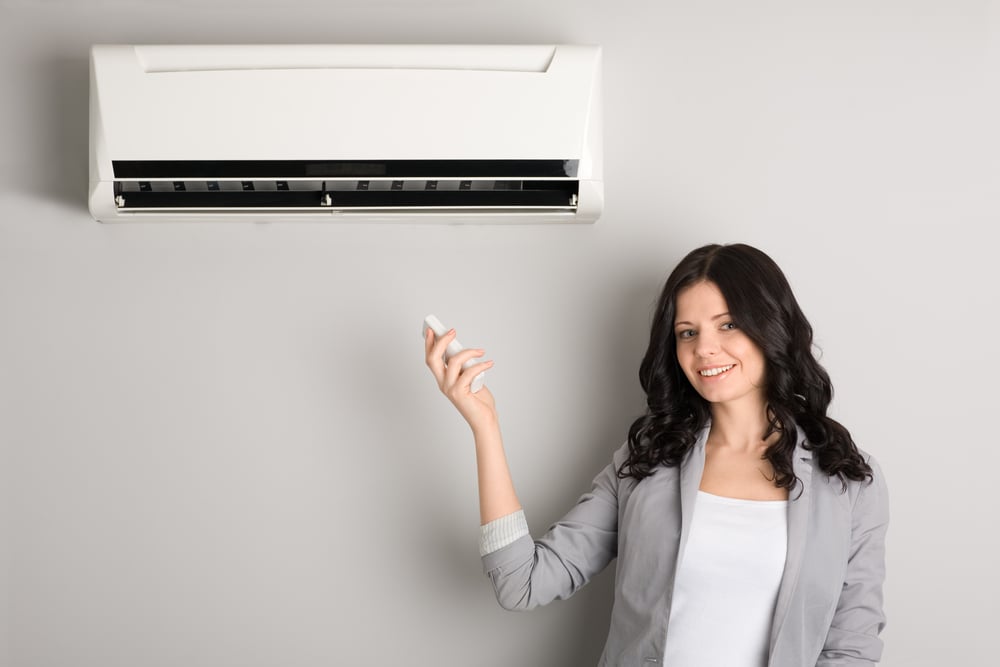What to look for in an air conditioning unit with handy air con repair tips.
Air conditioning is one of those things that's easy to take for granted if you have it, and-on a hot, humid summer afternoon-easy to know if you don't!
In warm climates, central air conditioners have become more the norm than the exception. In addition to cooling, they dehumidify and filter air, making it more comfortable and cleaner.
For those who aren't familiar with the terms, a central air conditioner works from a central location to distribute conditioned air throughout a house or office.
Unlike a small, window or wall-mounted room air conditioner, designed to cool a small area, a central air conditioner borrows a central air handling unit such as a forced air furnace or heat pump and ductwork for whole-house delivery.
The related heat pump is essentially a central air conditioner that can be reversed in winter to heat a house.
Cooling capacity
Manufacturers produce air conditioners in a variety of sizes, typically measured in "tons" or "BTUs per hour."
A BTU (British Thermal Unit) is a common unit used for measuring heat output, equal to the amount of energy required to raise one pound of water one degree Fahrenheit. One ton equals 12,000 BTUs/hour-a term derived from the amount of energy required to melt 1 ton of ice in a day.
With air conditioning units, bigger is not necessarily better. For one thing, the larger the capacity, the more a unit will cost; output is directly related to cost. Also, it's critically important to pick a size that is appropriate for the house. For more information see our other Air con guides.

Click here to see some of our best selling air con units
An air conditioner that is too small can't keep up with load requirements on a particularly hot day. One that is too large will cycle off and on too frequently, doing a poor job of dehumidifying the air, which degrades comfort. In fact, it's better to slightly undersize an air conditioner than to oversize it.
Also, the air flow into and out of rooms must be carefully balanced to insure efficient operation of the system.
These factors, as well how well a house is insulated, how it's used by your family, the climate and more must be taken into account when selecting and designing your system. That's why you should consult a qualified air conditioning contractor.